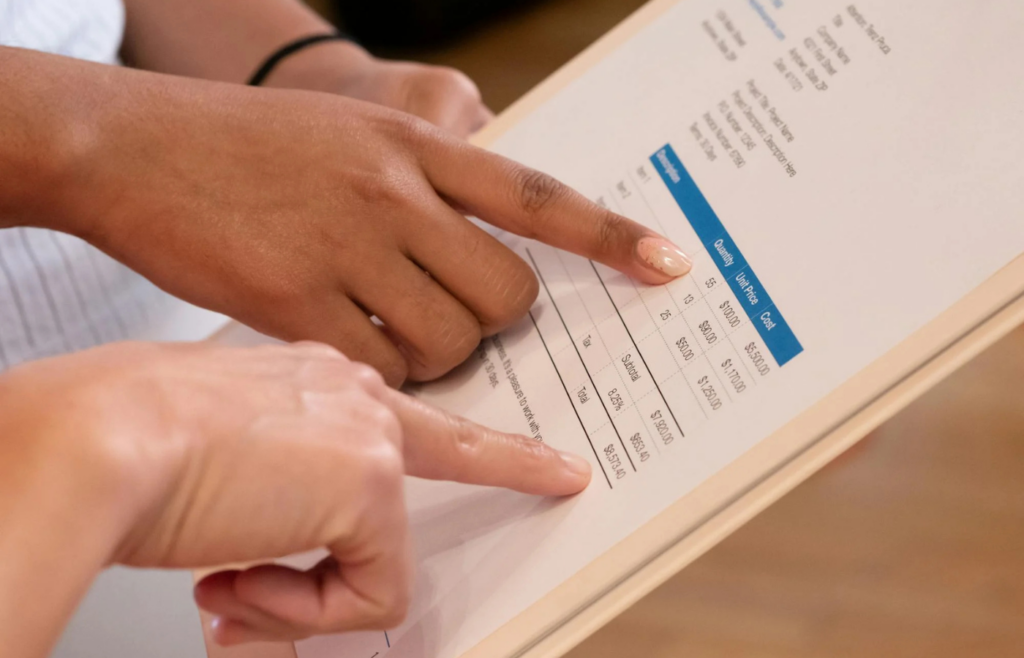Retiring early doesn’t mean you have to live like a monk, cutting out every luxury and denying yourself fun. The key is smart financial planning, strategic investing, and creating multiple income streams not just extreme frugality.
If you want to escape the 9-to-5 grind early without living off ramen noodles, here are 10 ways to retire early while still enjoying life.
1. Focus on Income Growth, Not Just Budgeting

To retire beforehand, concentrate on adding income rather than just cutting charges. Maximize earnings by negotiating your payment, switching jobs regularly, and erecting side income aqueducts like freelancing or real estate. also, invest in chops that enhance your earning eventuality.
2. Max Out Tax-Advantaged Retirement Accounts

Tax-advantaged accounts like 401(k)s, Roth IRAs, and HSAs help grow your savings faster for early retirement. You can access these funds early through strategies like the Rule of 55 or Roth conversion ladders. To maximize this, contribute to employer 401(k) matches, invest in Roth IRAs, and use HSAs for tax-free medical expenses.
3. Invest in Passive Income Sources

Passive income provides fiscal freedom, replacing your job stipend and enabling early withdrawal. Diversifying income aqueducts reduces reliance on one source. To achieve this, invest in tip stocks or REITs, buy rental parcels or use Airbnb, and produce automated online businesses like digital products or blogs.
4. Ditch Expensive Debt (But Don’t Fear All Debt)

High-interest debt can drain your income, while strategic debt, like real estate or low-interest loans, can help build wealth. To manage debt effectively, pay off high-interest debts quickly, keep low-interest debt when it makes financial sense, and use debt strategically to grow assets.
5. Relocate to a Lower-Cost Area

Geo-arbitrage allows you to stretch your money by earning in higher-income areas and spending in lower-cost locations. To take advantage, consider moving to no-income-tax states like Florida or Texas, retiring abroad in affordable countries like Costa Rica or Portugal, or relocating from a city to a suburb to reduce expenses.
6. Use the “4% Rule” (But Adjust for Flexibility)

The 4% rule helps you determine how much savings you need to retire early, but flexibility is key during market fluctuations to preserve wealth. To apply this, calculate your Financial Independence number (annual expenses x 25), keep 2–3 years of cash reserves, and be ready to cut back spending in downturns.
7. Start a “Work-Optional” Business

Many early retirees continue to work on their own terms, often through small businesses, which helps extend their savings. To do this, turn hobbies into income through writing, coaching, or online sales, freelance to cover extra expenses, or run low-maintenance businesses like Airbnb, YouTube, or blogs.
8. Avoid the “One-More-Year” Syndrome

Fear of “not enough” often keeps people working longer than necessary, even when they’re financially ready to retire. To overcome this, set clear financial independence goals, use numbers instead of emotions to determine your retirement timeline, and remember that you can always return to work if needed.
Read More: 10 Common Investing Fears (And Whether They’re Actually Valid)
9. Build a Retirement Budget That Includes FUN

Retirement is about more than cutting expenses it’s about enjoying life. Many retirees overlook budgeting for fun, travel, and hobbies, which can make early retirement feel boring or stressful. To make the most of it, set aside money for experiences, use a flexible budget, and focus on thriving, not just surviving.
Read More: I Took a Pay Cut for Work-Life Balance — Was It Worth It?
10. Automate Your Finances & Investments

Automation makes early retirement easier by reducing the need for manual management. Set up automatic transfers to investment accounts, use dividend reinvestment plans (DRIPs) to compound earnings, and automate bill payments to reduce stress and stay on track with your finances.
Final Thoughts
Retiring early isn’t about sacrificing everything it’s about making smart money moves to live the life you want sooner.
Key Takeaways:
- Focus on maximizing income first, then consider frugality.
- Invest early and use tax-free retirement accounts.
- Build multiple income streams (passive income, side businesses, real estate, etc.).
- Don’t fear spending budget wisely and plan for fun too.
What’s your biggest motivation for early retirement? Let me know in the comments!
Read More: The 10 Most Common Ways People Underestimate Retirement Costs






